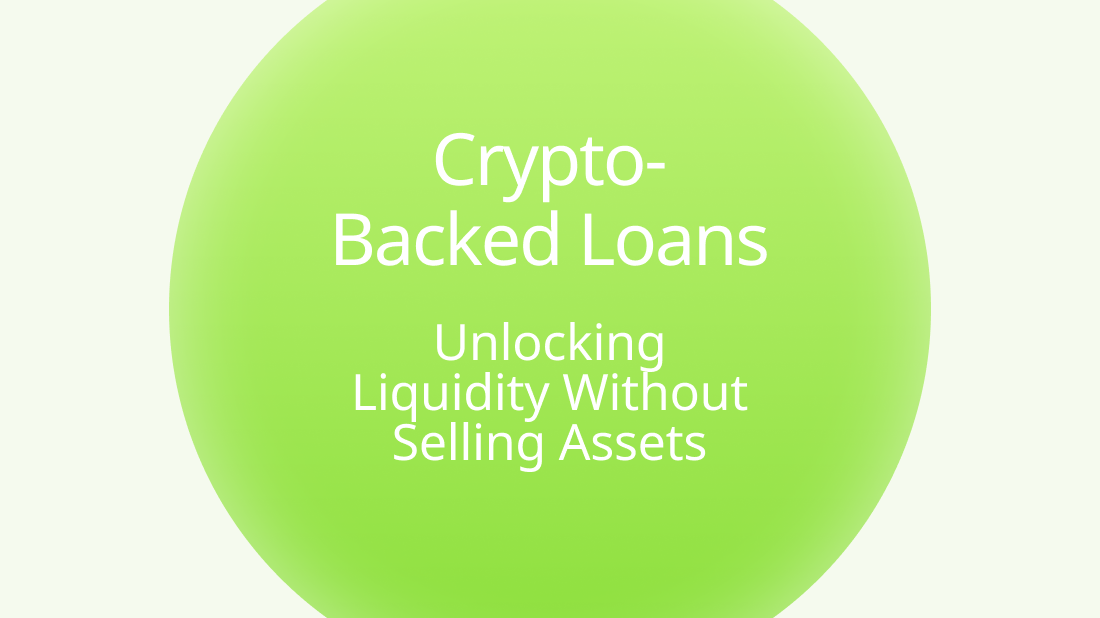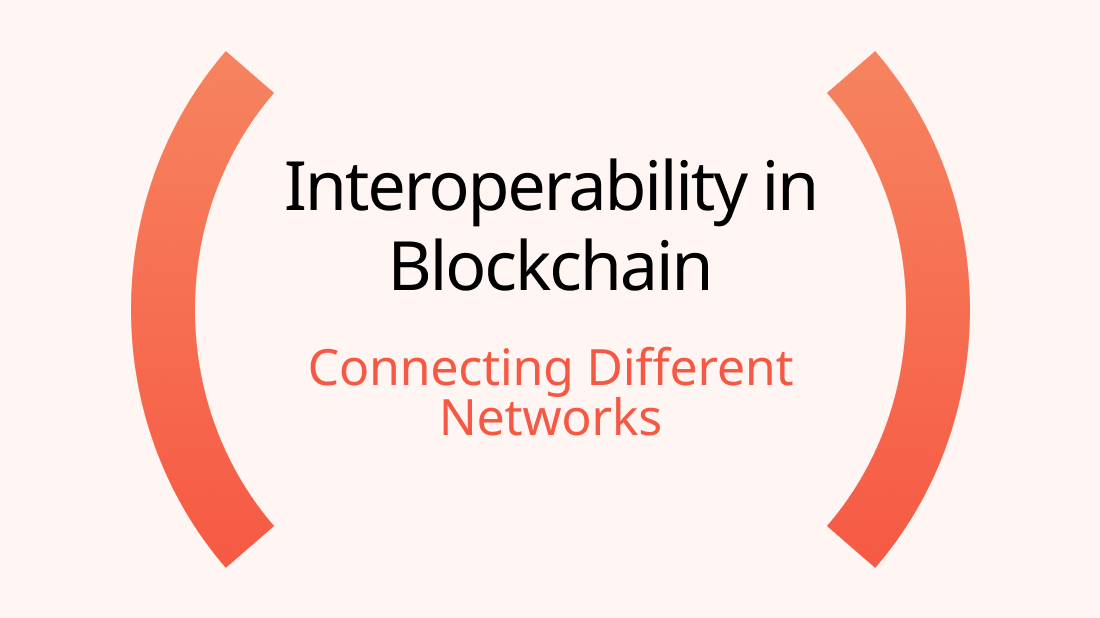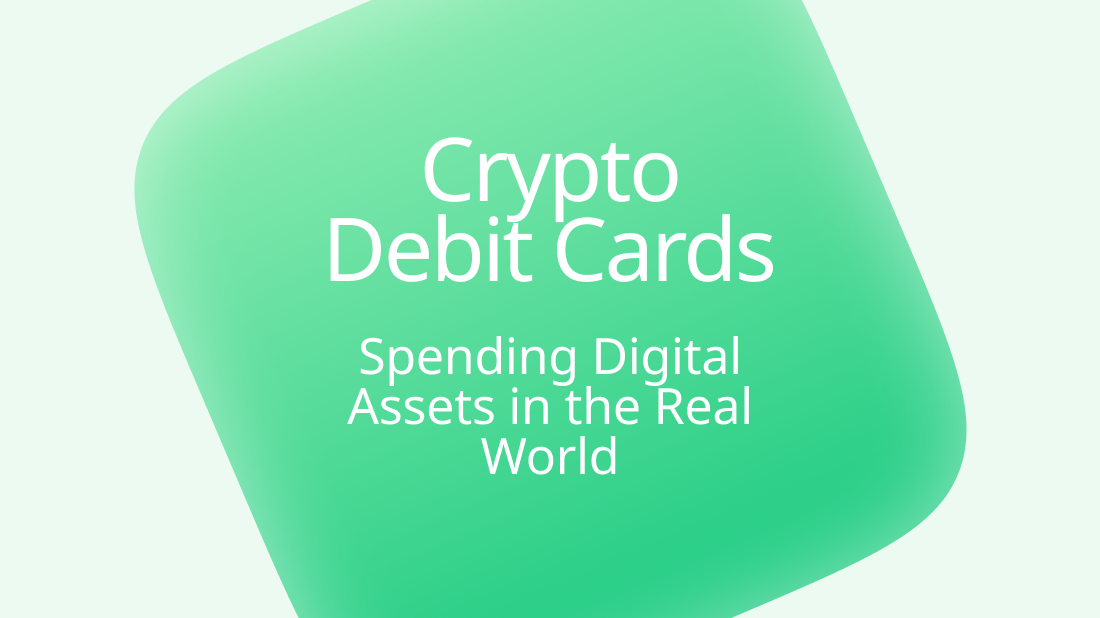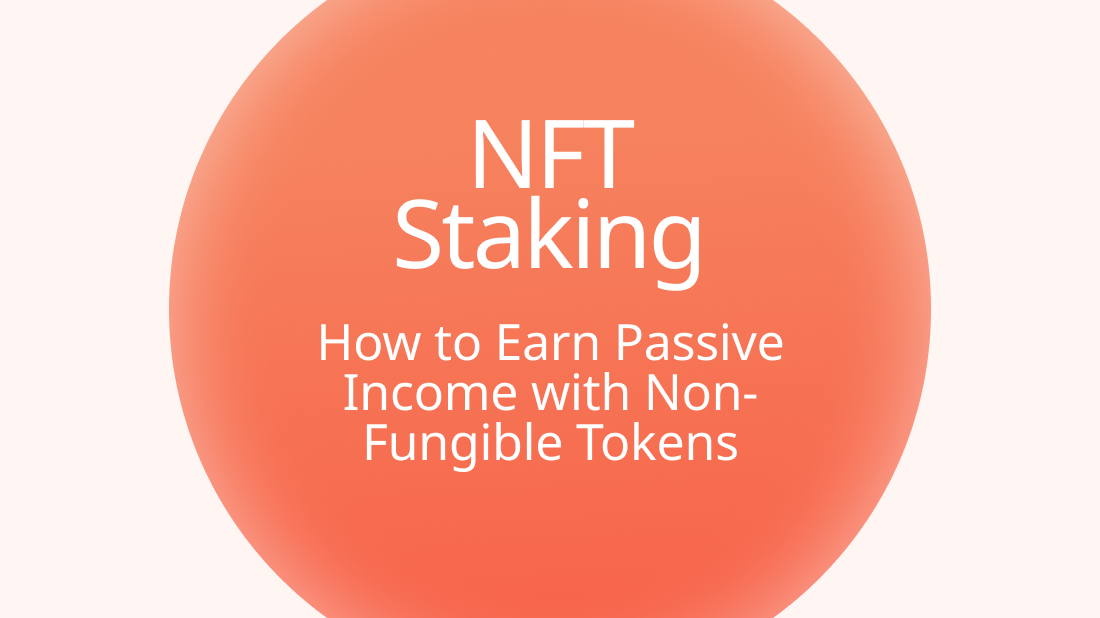Custodial vs. Non-Custodial Crypto Exchanges
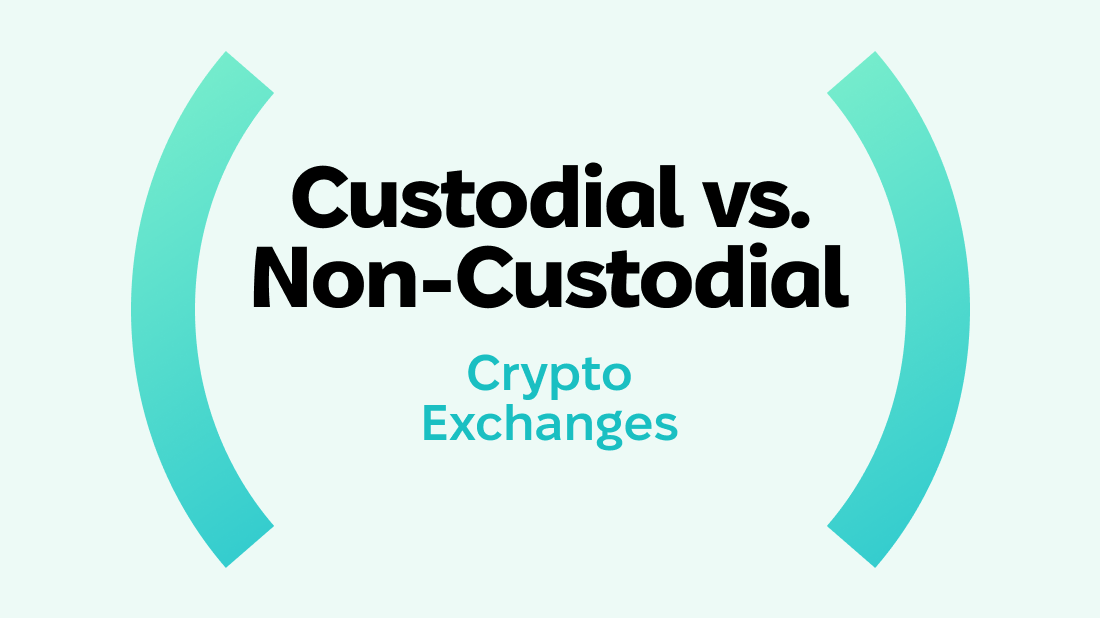
The idea of cryptocurrencies is decentralization, giving each user complete independent management over their budgets and managing private keys. There is an expression "not your keys - not your bitcoin". However, many services (crypto wallets and crypto exchanges) provide custodian services today. That is, they store user funds. In some situations, it is even convenient.
Introduction: Demystifying the Custodial vs. Non-Custodial Debate
When looking for a trustworthy crypto wallet, you will meet two choices such as custodial wallet and non-custodial wallet. What is the difference for custodial vs non custodial wallet? Do they provide effortless entry to your cryptos and investments? Will they present safe hold for your crypto?
The desire to experience in the new crypto landscape is absolute under any circumstances. You can get cryptocurrencies in various ways, such as swapping them. People can also receive cryptocurrency as payment for their work or as a reward for mining, staking, or other tasks.
Depending on the kind of protection of your budgets, you can discover 2 distinct types of wallets. It is crucial to totally examine their distinctions to determine the best choice for your crypto aspirations. A detailed summary of each wallet type, observed by resembling custodial and non custodial crypto wallet established on distinguishing characteristics, can help you choose the proper one.
What is a Custodial Exchange?
What is a custodial wallet? A custodial wallet stores the client's private keys on its side and is responsible for the backup and security of user assets. The answer to why many users agree to such terms lies in convenience. Wallets of this type are much easier to learn. Access to them is carried out simply by login and password at the touch of a button.
Pros of a custodial wallet:
- Providing custody to a third party is currently the only way to trade on the most popular cryptocurrency exchanges, such as Binance.
- There is no risk of losing the keys or source phrases as if you kept them with you.
- For those who do not understand network security, it may be better to entrust the storage of their cryptocurrency to professionals.
- Such services are easier and more convenient to use.
Cons:
- Custody wallets/exchanges are centralized and operate on principles similar to traditional financial systems.
- We have to rely on the honesty of the platform developers.
- You also do not control security; it depends on other people's actions, knowledge, and skills.
Unraveling Non-Custodial Exchanges
What is a non custodial wallet? A non-custodial wallet is a decentralized wallet whose client owns their private keys. When creating the wallet, the user is given a file with private keys and a helpful phrase, with which later it will be possible to convert key to managing funds.
Pros of a non custodial wallet:
- Total confidentiality when making transactions. You do not need to provide the intermediary with information about your payments.
- Full control over your cryptocurrency, flexible management - for example, a combination of several various kinds of wallets for storage.
- Access to various advanced non-storage features.
Cons of a non custodial wallet:
- Less convenient to access centralized tools.
- You need to understand security issues and pay great attention to them.
- More complex user interface.
Conclusion: The Future of Cryptocurrency Exchanges
Cryptocurrency market trends show that soon, non-custodial wallets will gain an advantage over custodial ones. This is due to numerous cases of security breaches of centralized services. Users are becoming increasingly zealous about maintaining their funds and privacy. Non-custodial services offer great opportunities and prospects, so it is highly desirable to master working with them.
The absolute judgment on choosing between 2 wallets mostly relies on what you desire. Your needs and goals regarding your crypto aspirations will play a decisive role in determining the preference of a crypto custodial wallet. For instance, if you are new to cryptocurrencies, you may operate custodial wallets to swap cryptocurrencies. On the other hand, if you need to securely store a large amount of crypto, non-custodial wallet is the proper selection. Each type of crypto wallet has its benefits and drawbacks, and comparing them clarifies decision-making. Discover more about both kinds of wallets and find the most suitable one.



